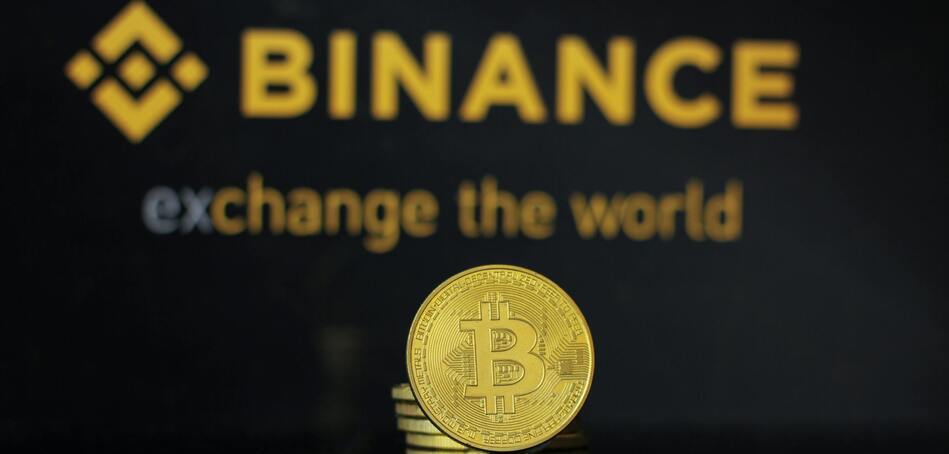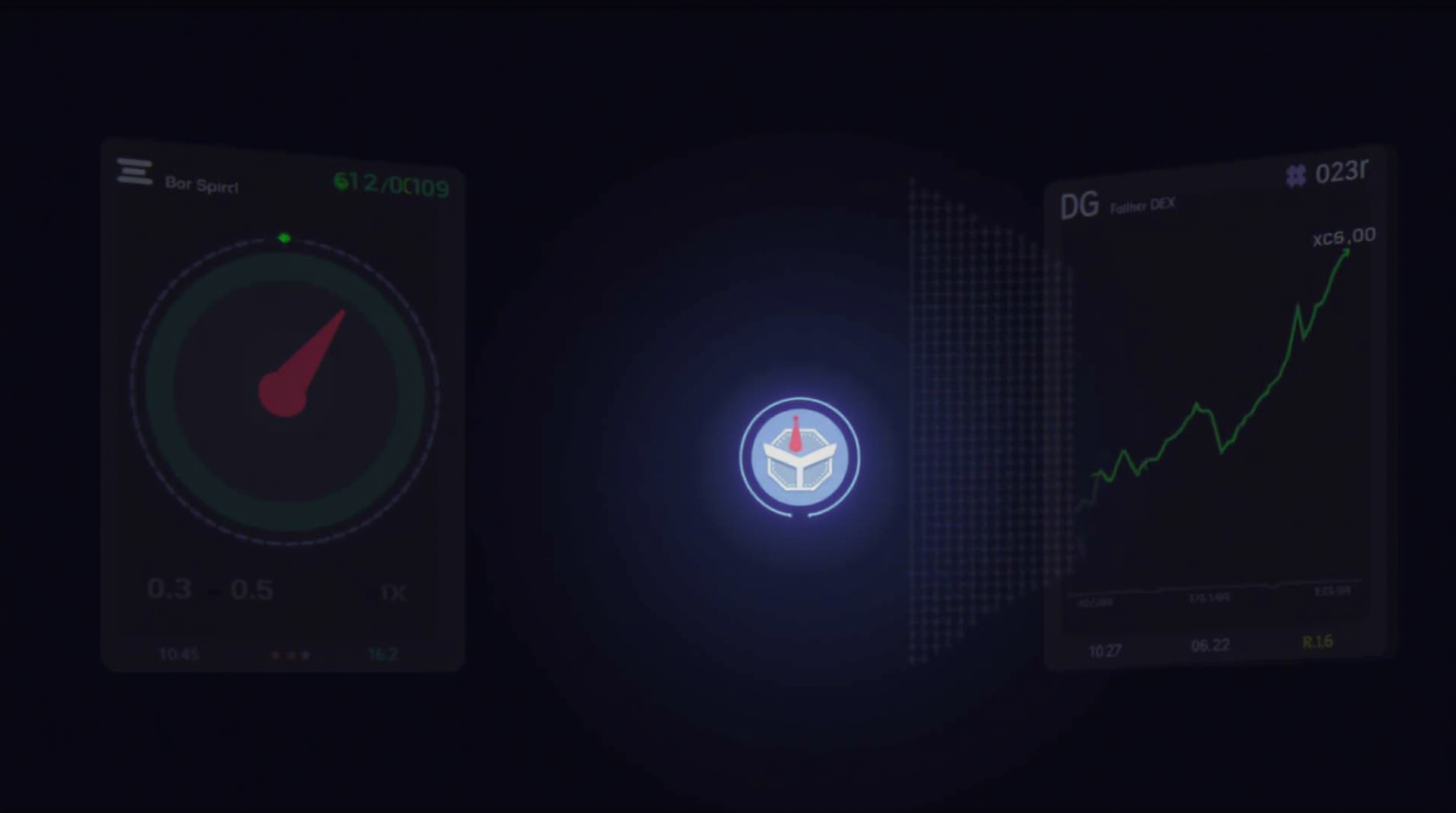BNB Chain validators have put forward a significant proposal to cut network gas fees by 50%, from 0.1 Gwei to 0.05 Gwei, while also reducing block times from 750 milliseconds to 450 milliseconds. This strategic move aims to bring the average transaction cost down to approximately $0.005, positioning the network to compete more aggressively with rivals like Solana and Base on both price and speed. A core principle guiding this initiative is the commitment to maintain staking rewards above a 0.5% annual percentage yield (APY), which validators consider the minimum threshold to ensure their incentives remain sustainable while pursuing user growth.
Context and Impact
The proposal is the latest step in a multi-year effort to optimize the network’s cost structure. Previous reductions, including a cut from 3 Gwei to 1 Gwei in April 2024 and a further reduction to 0.1 Gwei in May 2025, have already slashed median fees by 75% (from $0.04 to $0.01) and resulted in a 140% surge in daily transactions, which now exceed 12 million. Validators and supporters anticipate a similar outcome from this new cut, as trading has become the dominant activity on BNB Chain. Swap-related transactions now account for 67% of all on-chain activity, a substantial increase from 20% at the start of 2025, making low gas fees a critical factor for user retention and growth. The network’s current operation at less than 30% of its capacity provides ample headroom to absorb a potential increase in activity without compromising performance.
Technical definition
In this context, “gas” refers to the fee users pay to execute a transaction or smart contract on the BNB Smart Chain. It is measured in Gwei, which is a subunit of the BNB token (1 BNB = 1,000,000,000 Gwei). This fee compensates validators for the computational resources required to process and secure transactions on the network.

Implications
The potential implications of this proposal are wide-ranging. Cheaper transactions are likely to attract even more trading volume and encourage the deployment of new decentralized exchanges (DEXs), reinforcing BNB Chain’s position as a leading low-cost venue. This is particularly relevant for high-frequency trading bots and perpetual contracts markets, where lower costs per order can significantly improve profitability and execution quality.
However, the plan is not without risks. The sustainability of the network hinges on the validator economy. The 0.5% staking APY is a carefully balanced minimum; if fee reductions were to push rewards below this level, it could disincentivize validators, potentially undermining network security and stability. Furthermore, the competitive landscape is intense. While BNB Chain benefits from its association with the Binance ecosystem, it faces relentless innovation from competitors like Solana and Base, which are also iterating rapidly to capture market share.
The draft proposal is currently open for community and validator feedback. If it passes a subsequent vote, the new settings are expected to go live later this year, effectively resetting the operational cost basis, product design rules, and economic calculations for all venues handling large-scale swap traffic on the chain . This sets the stage for a new phase of growth, contingent on maintaining the delicate balance between user affordability and validator incentives.


